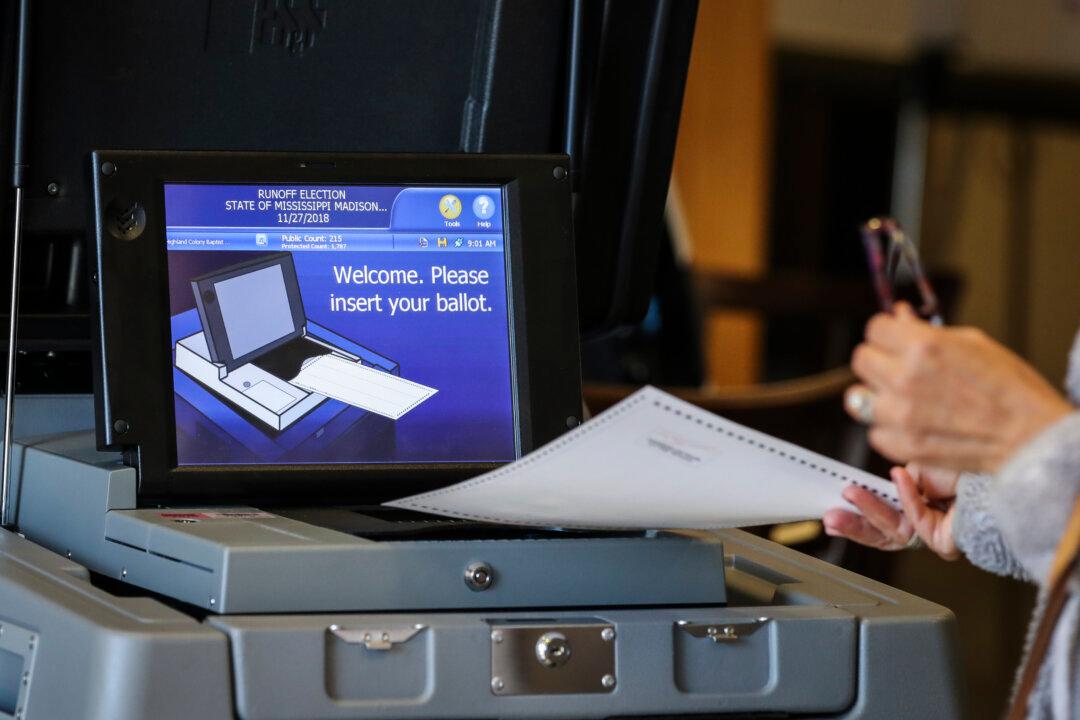A federal appeals court has upheld Mississippi’s lifetime ban on voting for individuals with certain felony convictions, saying that the question of restoring their voting rights is a decision for state legislators, not the courts.
In a full-bench opinion delivered on July 18, the U.S. Court of Appeals of the Fifth Circuit ruled 13–6 to affirm that it is constitutional for states to disenfranchise some voters over felony convictions.





